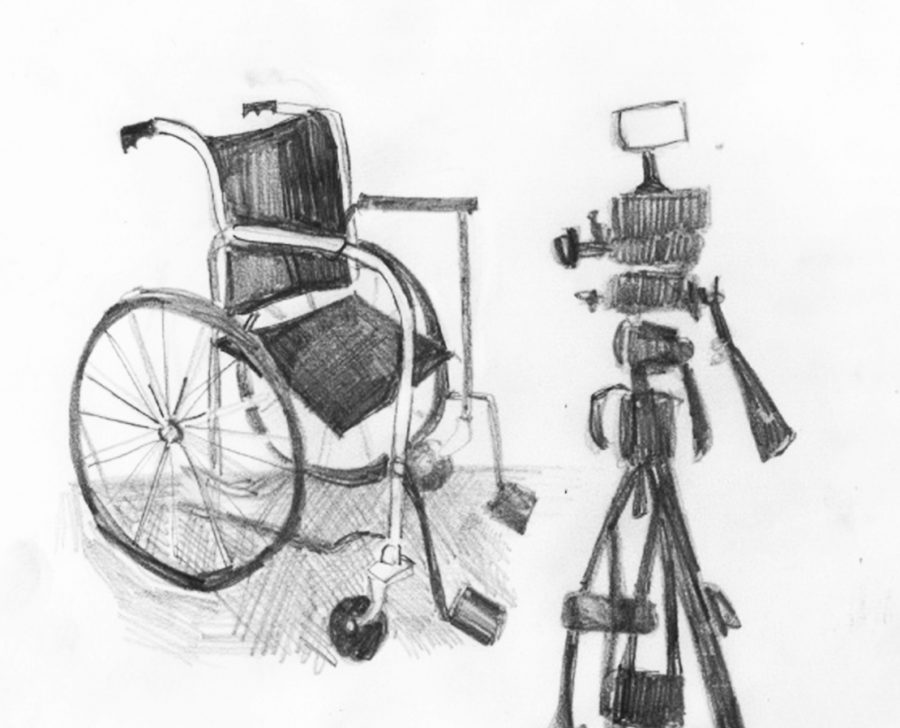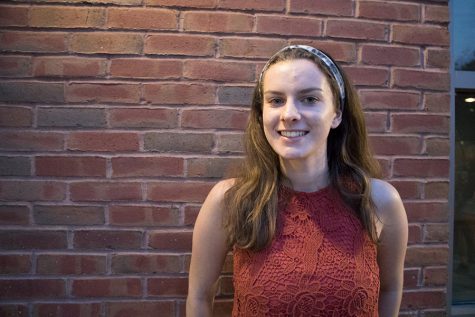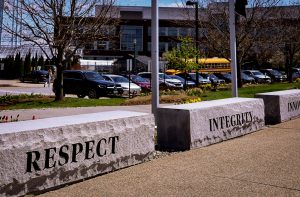Efforts to include the disabled community
September 20, 2018
In recent years, Hollywood has patted itself on the back for increasing diversity in its productions; more women and people of color are having their stories told and are awarded more entertainment achievements than ever before.
While this progress is crucial, there is one group that is consistently left out of the conversation on equal representation in the industry: those with disabilities.
Acclaimed movies such as “Forrest Gump”and “Rainman,” as well as television shows “The Good Doctor” and “The Middle” feature characters with intellectual disabilities.
However, these pieces either fixate on the disability, emphasize stereotypes or use it as a source of humor, all of which are harmful in how we learn to view and discuss disabilities.
If we grow up with entertainment that doesn’t represent disability as being a completely normal part of everyday life, then we will grow up believing that it isn’t.
Zeno Mountain Farm is a group that promotes inclusive entertainment by integrating adults of all abilities into their projects throughout the year. One example of these works is a film called “Bulletproof.”
The film features both disabled and abled adults without any reference to this distinction, proving that entertainment excluding those who identify as disabled is outdated and unnecessary.
In today’s society, the thought of someone not having access to certain places due to race, religion or creed ought to be unacceptable.
However, there are plenty of restaurants, movie theaters, malls, offices and public spaces that are not disability-accessible, preventing disabled patrons from truly having equal opportunities.
Though there have been changes made in legislation both in education and physical access to everyday places to further include the disabled community, an attitude shift is necessary.
This movement is not about charity, it is about encouraging the world to understand that ignoring the disabled community is rejecting 10 percent of the world’s population who have anything and everything to offer.
It is our responsibility as students and young adults to face this issue head-on, because if our generation — of all generations — can not make this change, then who will?








